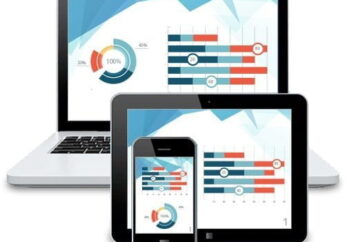US Consumer Likely To Start Cutting Back, Which May Hurt Economy And Stocks
by Abdul Aziz Mondal Sales & Marketing 11 September 2023

The findings remain at odds with the positivity that has permeated the equity markets in the US for most of the summer, as cooling inflation and lower unemployment strengthened hopes for the so-called soft landing.
“After staving off recession for longer than many thought possible, the US consumer is finally about to crack,” as per Bloomberg’s recent Markets Pulse Survey.
More than half of the total 526 respondents said that personal consumption, which is the most crucial element of economic growth, will be shrinking in early 2024, which will be the first quarter-based decline since the onset of the COVID-19 pandemic.
Another 21% claimed the reversal might happen even sooner than the anticipated date, which is the last quarter of this year, as the excessive borrowing costs eat inside the household budgets while the savings of the Covid era run down.
The results remain at odds with the positivity that has penetrated the American equity markets for most of the summer, as the cooling inflation and the low percentage of unemployment strengthened the expectations of a soft landing.
In that case, should there be a stop in the economic growth? Well, that is a scenario that is pretty likely if the consumer spending contracts, it could mean further drawbacks for the sticks, which already have slipped enough from the highs of late July.
“The likelihood of a soft landing, falling inflation, an end to Fed tightening, a peak in interest rates, a stable dollar, stable oil prices — all those things helped drive the market up,” the Chief Investment Strategist at MAP Signals, Alec Young, added. “If the market loses confidence in that scenario, then stocks are vulnerable.” At present, the US economy looks like it is accelerating rather than stalling. Growth is expected to speed up within the third quarter on the back of a current pickup in household spending, which leaped in July by a maximum in six months.
Read Also:



































































































